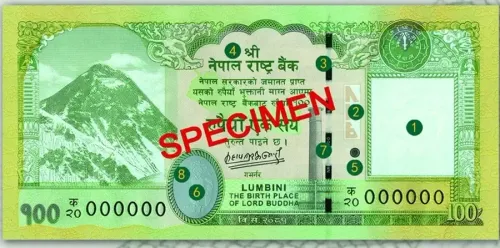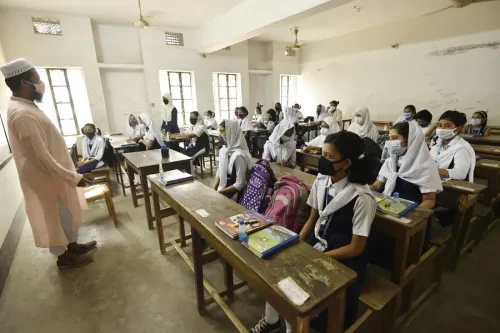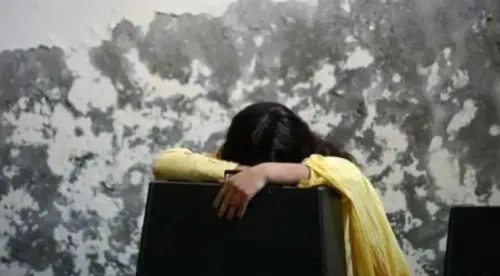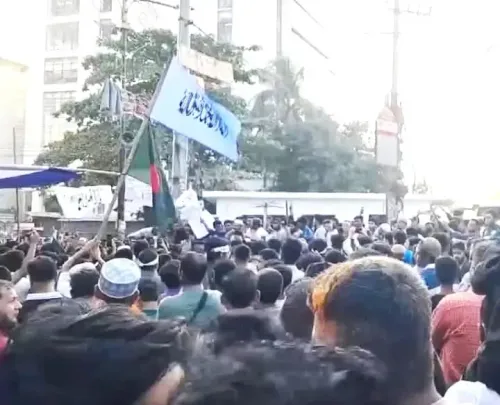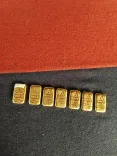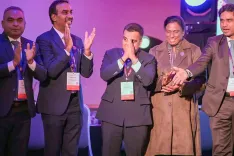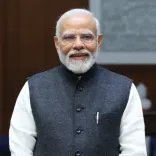Military Unit in South Korea Allows Police Access to Presidential Residence
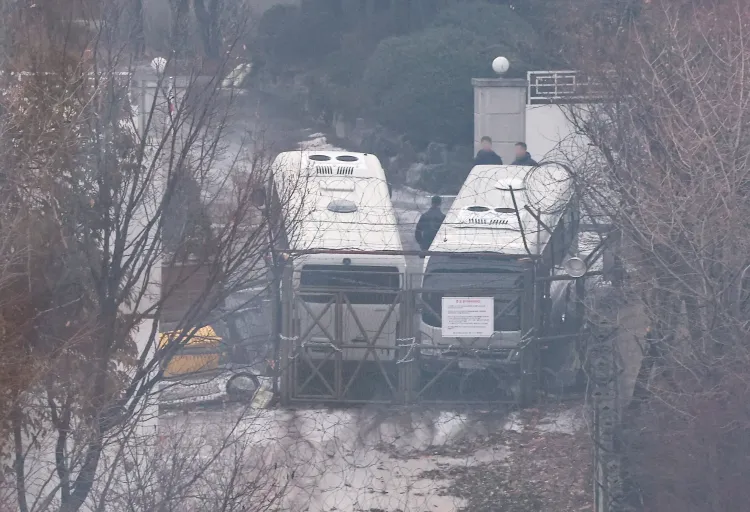
Synopsis
Key Takeaways
- Military unit grants police access to presidential residence.
- Impeached President Yoon Suk Yeol may be detained soon.
- Past attempts to arrest Yoon faced obstacles.
- Security protocols are in place to prevent illegal entries.
- Political uncertainty persists following martial law declaration.
Seoul, Jan 14 (NationPress) A military unit assigned to protect the presidential residence has granted permission for police and officials from the Corruption Investigation Office (CIO) to enter the premises in order to apprehend the impeached South Korean President Yoon Suk Yeol, according to reports from officials.
Following a request from the CIO, the unit under the Capital Defence Command announced that investigators from the CIO, alongside police and personnel from the Ministry of Defence, would be allowed access to the presidential compound, as detailed by the CIO.
This unit is charged with the responsibility of securing the exterior of the presidential residence, as reported by Yonhap news agency.
This decision is expected to facilitate a second attempt by police and CIO officials to detain Yoon, which is anticipated to occur early on Wednesday.
Earlier that day, the Presidential Security Service (PSS) hinted at the possibility of obstructing another attempt to arrest the impeached President Yoon, asserting that a forced entry would be deemed illegal and would prompt a response in line with established security protocols.
The PSS made this declaration shortly after discussions with police and the CIO regarding the execution of Yoon’s arrest warrant, which was issued due to his brief declaration of martial law.
The PSS had previously foiled the CIO's initial attempt to arrest Yoon on January 3.
“Specific security areas, including the presidential residence, are recognized as security zones, national security facilities, critical national facilities, and military protection zones. Entry into these areas necessitates prior authorization from the appropriate authority,” the PSS emphasized, stating that a forced entry would be illegal.
The PSS confirmed that it had engaged in adequate consultations with both the police and the CIO to prevent physical confrontations, committing to efforts aimed at avoiding any clashes during the execution of the warrant.
Meanwhile, South Korea is experiencing a phase of political instability following Yoon’s brief martial law declaration on December 3, 2024, and his subsequent impeachment on December 14, 2024.

